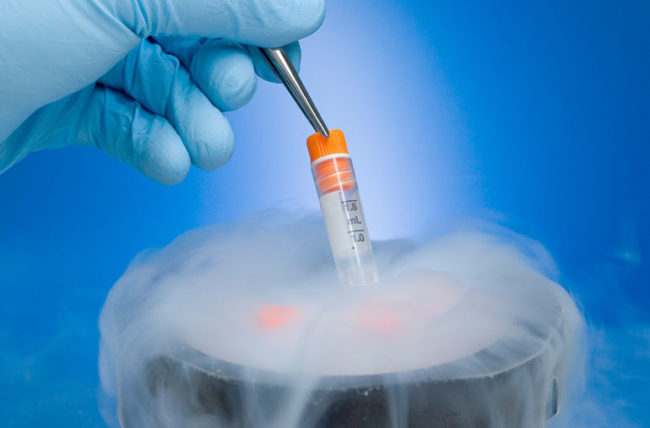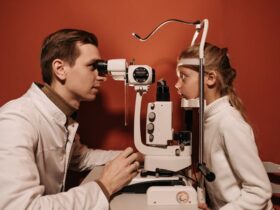As the name would suggest, egg freezing involves subjecting oocytes to low temperatures for future use. It is a fertility preservation method that women can use for various reasons, including personal choices. The process involves retrieving eggs from your ovaries and freezing them unfertilized. Previously, egg freezing in New York was considered an experimental procedure. But with improved overall success over the years, egg freezing has gained popularity, and most specialists use it. Here is what you need to know if you are looking into egg freezing to preserve your fertility.
When would I need egg freezing?
There are a variety of reasons why you may consider egg freezing. Usually, women opt for egg freezing to preserve their fertility for future use. Here is why egg freezing may be an option for you.
- Personal reasons. Some women prefer to have children later in life and may need to preserve their younger eggs.
- You have been diagnosed with cancer and require chemotherapy and radiation therapy treatments. These treatments may affect fertility, and therefore freezing your eggs may be a recommendation.
- You have conditions such as sickle cell anemia that can affect your fertility.
What does the procedure entail?
First, your specialist assesses your ovarian reserve to estimate the possible harvest of oocytes before the ovarian stimulation cycle. Ovarian reserve testing allows your specialist to predict how your ovaries respond to fertility medication. You will also get screened for infectious diseases such as hepatitis B and C and HIV. After the tests with the reproductive endocrinologist, the next step is ovarian stimulation.
Ovarian stimulation
Usually, your ovaries release one egg with each menstrual cycle, which may not be adequate for retrieval. Your specialist uses injectable hormonal medications like follitropin alfa or beta to stimulate your ovaries to release multiple eggs. To prevent the early release of eggs, your doctor prescribes medications to prevent premature ovulation.
During this period, you may need to make regular visits to your doctor for monitoring purposes. Blood tests allow your specialist to gauge your response to fertility medications. Subsequent visits include vaginal ultrasounds to monitor the development of the follicles. The follicles are usually ready for retrieval after 10 to 14 days, during which your doctor administers another injectable hormonal medication to mature the eggs.
Egg retrieval
Egg retrieval takes place in your doctor’s office and is usually under sedation. Your doctor uses transvaginal ultrasound aspiration to harvest the eggs. The process involves inserting a probe into your vagina to locate the follicle. The ultrasound also guides the doctor to direct a needle into a follicle. Experts aim at removing multiple eggs to improve the chances of birth. Expect cramping after the procedure and a feeling of pressure or fullness since the ovaries remain enlarged for a couple of weeks.
Most women resume normal activities within a week of egg retrieval. However, you may need to use protection whenever you have sex to prevent unintended pregnancy.
Freezing
After harvesting, the eggs are cooled under negative zero temperatures using vitrification. Fertilized eggs are easier to freeze and often lead to more successful pregnancies than unfertilized eggs.
For further inquiries about egg retrieval, consult with your doctor at Innovation Fertility Preservation and IVF.









